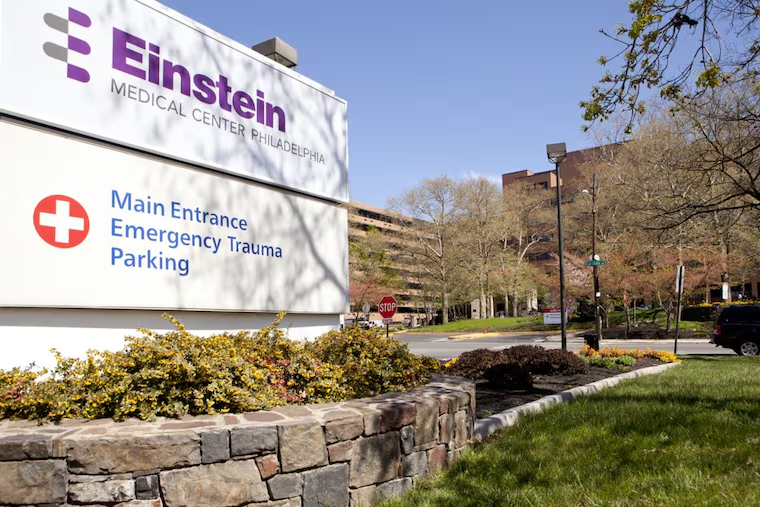Jefferson-Einstein merger would hurt vulnerable patients and reduce competition | Opinion
This proposed merger would hurt access to critical care in the long term, says Pennsylvania Attorney General Josh Shapiro.

Thomas Jefferson University’s proposed merger with Einstein Healthcare Network, a major provider in North Philadelphia and Montgomery County, would limit patient access and drive up health care costs, which is why I went to court along with the Federal Trade Commission to block this merger.
Here’s why this proposed merger between Jefferson and Einstein is problematic and violates our laws: First, the change could destabilize health care in North Philadelphia. Einstein is a critical provider for the region’s most vulnerable citizens. It ably serves patients who are low-income people of color, with around 40% of area residents living below the poverty line. Serving these patients is crucial but doesn’t pay well because of how insurance companies and the government reimburse for this care. The parties argue that the only way to serve this population is for these two companies to merge. I disagree, and our analysis tells a different story.
This proposed merger would hurt access to critical care over the long term by taking resources out of North Philadelphia, rather than strengthening them. Jefferson does not commit to maintaining Einstein’s full range of health-care services and making investments in its infrastructure in North Philadelphia. In the absence of firm commitments, Jefferson’s leadership has in effect said: Trust us. My view: Trust, but verify.
Second, this merger will drive up health care costs in our region. Across the country, we’ve seen what happens when competition in health care is inhibited: Hospitals close and prices skyrocket. A combined Jefferson/Einstein health system would control 60% of the general acute care market in and around North Philadelphia and 70% of the inpatient acute care market in the Philly area. Allowing a single hospital network to control that much of a neighborhood’s and city’s access to health services is a dangerous proposition that history shows us will lead to higher health care costs.
It’s not just North Philadelphia that would be negatively impacted by this merger. Both of these networks operate throughout Montgomery County, as well. If they were to consolidate, they would control 45% of general acute care for that suburban market. That means higher prices and less competition there, too.
Third, this would all but eliminate competition in the rehab marketplace. MossRehab, owned by Einstein, and Magee, owned by Jefferson, are two of the preeminent rehab hospitals in our region. They do great work and improve lives. But this merger would give a combined Jefferson/Einstein health system at least 70% of that market, a dominant and illegal market position.
Fourth, both Jefferson and Einstein are nonprofit health-care providers who have legal requirements to serve the public. They get massive tax breaks in exchange for providing care to our most vulnerable. Yet this merger will actually negatively impact the very people that they are required to serve and allow Jefferson to earn more money.
Fifth, Einstein and Jefferson officials have cited the recent closures of other hospitals, like Hahnemann, as adding to the need for a merger, which they suggest will protect their institutions from the same financial collapse. But that doesn’t match the fiscal reality of their public filings and seems more like a narrative to create panic within the community.
Now that we are in court, there are basically two options for the parties: Keep litigating and paying millions in legal fees, or scrap this unwise deal and consider other strategic partnerships and mergers that actually result in lower health care costs and increased access — especially in North Philadelphia.
I stand ready, willing, and able to work with these parties in a constructive manner. But I won’t ever sacrifice the well-being of the citizens so that big, powerful health-care institutions can get even bigger and make an extra buck.
Josh Shapiro is the attorney general of Pennsylvania.